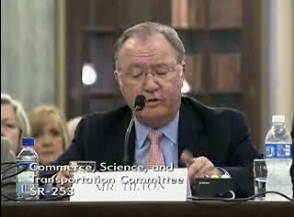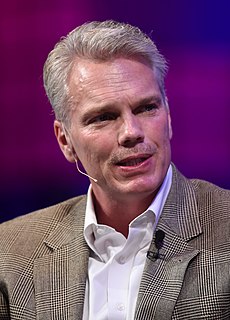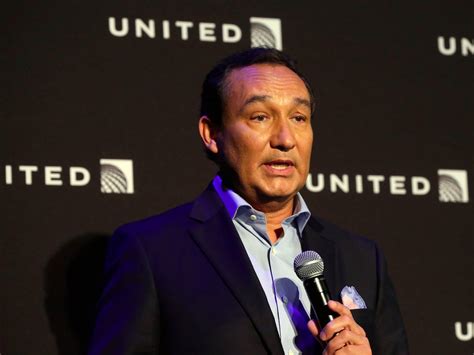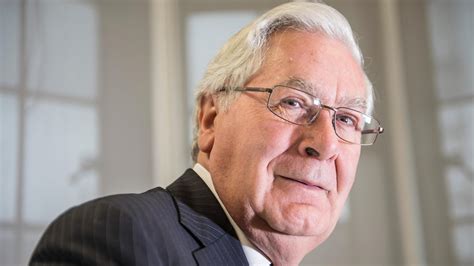A Quote by Steve Jobs
If you ask who are the customers of education, the customers of education are the society at large, the employers who hire people, things like that. But ultimately I think the customers are the parents. Not even the students but the parents. The problem that we have in this country is that the customers went away. The customers stopped paying attention to their schools, for the most part.
Related Quotes
Often people say they can't base their strategies on customers because customers make unreasonable requests and because customers vary too much. Such opinions reveal serious misconceptions. The truly outside-in company definitely does not try to serve all the needs of its customers. Instead, its managers are clear about what their organization can and should do for customers, and whatever they do they do well. They focus.
The easiest way to figure out who the customer is in an online space is to figure out who is paying for the thing. Usually, the people paying are the customers. So on Facebook, the people paying are marketers. That makes them the customers. And it means we are the product being delivered to those customers.



































